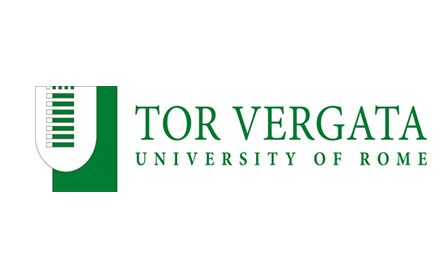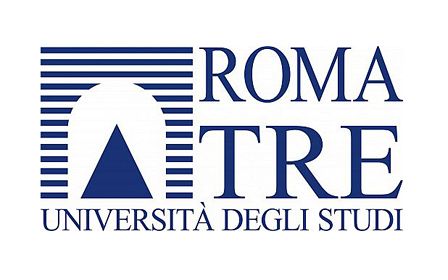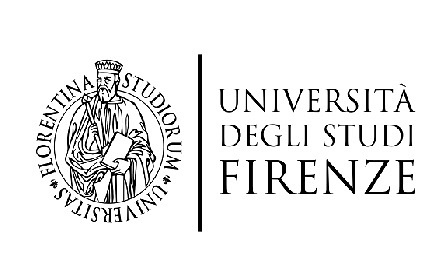News
The 5th African Union-EU Summit has failed to identify a strategy for a systematic management of migratory flows

According to the Italian Centre for International Development (ICID), the 5th African Union-EU Summit has failed to identify a strategy for a systematic management of migratory flows
Rome 5 December 2017 - "The 5th African Union – EU Summit concluded without identifying a strategy to systematically manage migratory flows from the region. This disappointing outcome is the result of a failure in recognizing migration, especially from African countries, as a long-term and structural phenomenon. As such, it should not be curbed, but managed in such a way as to reduce human and social costs and guarantee benefits for both the origin and destination countries, as well as for the migrants themselves. "
With these words Furio Rosati, director of research of the Italian Centre for International Development (ICID), summarized the position of the Centre after examining the results of the AU-EU Summit, held in Abidjan on November 28-29, 2017.
According to Rosati, the only result actually achieved by the Summit is a sustained effort to repatriate migrants detained in Libya under conditions of open violation of basic human rights. Approximately 14,000 people will indeed be taken back to their countries of origin by airlift. “A necessary answer: European voters are not ready indeed to accept concentration camps as a tool to control migratory flows."
Moreover, the AU-EU commitment mostly focuses on the (potential) allocation of a considerable amount of resources to boost economic "development" in the origin countries, mainly to support micro and small entrepreneurship among the youth. "An approach", continues the ICID director, "undermined in the first place by the unfounded premise that in the short- to medium-term improvements in employment prospects (of young people) usually reduce the incentives to migrate. On the contrary, as suggested by the available evidence, improvements in economic conditions usually allow a larger number of people to face migration costs".
It is also useful to remember that in the past the promotion of micro-entrepreneurship has usually proved to be ineffective in generating a significant increase in employment and wages and that no country has ever managed to generate sustained growth with an industrial sector exclusively made of small firms.
On the other hand, the commitment to promote education and training appears encouraging. However, despite being a step in the right direction, this is an intervention designed to produce its effects in the medium to long term and it is doubtful that it can reduce the incentives to migrate.
"It has not been taken into account the fact that migration is a long-term phenomenon that can be turned into an opportunity for both the origin and destination countries, as well as for the migrants themselves," concludes Rosati. "What it is still missing is the design of an integrated strategy towards a sustainable migration, built on a set of coordinated actions which take into account the characteristics of all involved countries and regions, the labour market challenges as well as the impact of the climate change."



